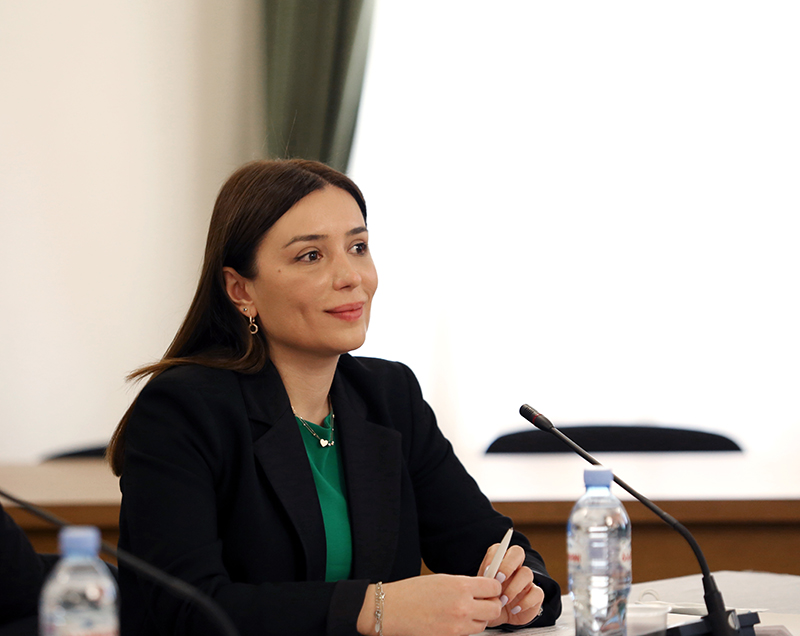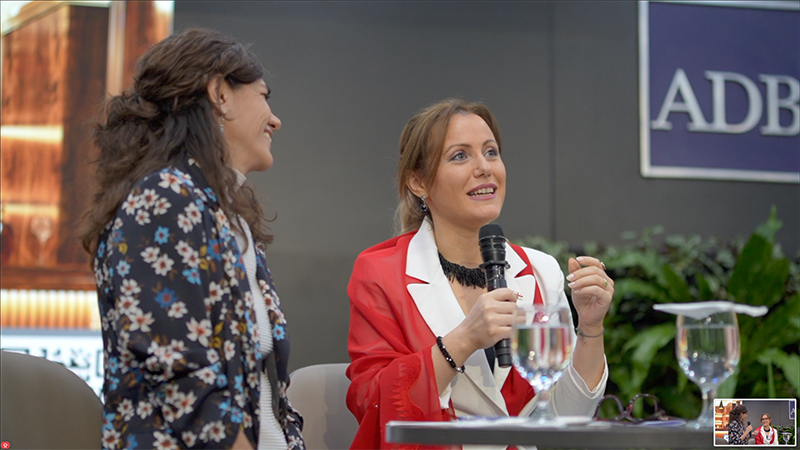Nomination ‘Sustainable Cities and Settlements’ – Jury Evaluation

In the nomination Sustainable Cities and Communities, the members of the jury were: First Deputy Chairperson of the Environmental Protection and Natural Resources Committee of the Parliament of Georgia, Khatia Tsilosani; Founder and Director of City Institute Georgia (CIG), Mamuka Salukvadze; and Head of Europe Central Asia Lead for Green Bonds Advisory in the Real Economy Green Investment Opportunity (REGIO) Fund, Honorata Ewelina Fijalka.
Mr. Mamuka Salukvadze spoke about current trends in the country in terms of sustainable cities and settlements and the results of the jury’s work.
– In your opinion, what is the significance of the existence of the Corporate Responsibility Award for further development of the culture of corporate responsibility and sustainability in Georgia?
It is encouraging that the notion of “corporate responsibility” is becoming increasingly prevalent in Georgia. The existence of a Corporate Responsibility Award will undoubtedly contribute to the growth of corporate responsibility in companies, the formation of a modern, global mindset, the encouragement of new, civil relations with the environment and employees, and will also help to develop this process in the future. I hope that more companies will participate in this very interesting and important competition and the projects submitted by the winners will also more accurately respond to the goals and requirements necessary for further development of corporate responsibility and sustainability culture.
What was interesting for you as a member of the jury and what were the difficulties in the decision-making process?
– For me personally, this offer was linked with the novelty, innovation, and the opportunity to work directly on a necessary and pertinent topic. At the same time, there was a lot of interest in what kind of applications I would be dealing with in the Sustainable Cities and Communities category. The difficulty of evaluating competitive projects and making the right decision is unequivocal, as the topic of nomination itself is multifaceted and complex. It was crucial for each member of the jury to avoid a subjective approach while evaluating the project as much as possible, and, I believe, I managed to do so.
– What was the situation in the Sustainable Cities and Communities nomination as concerns the applications? What about the projects implemented by the companies – what was their quality and do they meet the current international standards in terms of corporate responsibility?
– The projects submitted for the competition were very interesting, so were the working principles and priorities of the companies, too. Obviously, not all applications met the criteria for evaluation, and this is not surprising: from the essence of corporate responsibility and, most importantly, the novelty of the topic, it takes time for companies to fully understand and conceive of the importance, necessity and a number of nuances typical for CR. I hope that the understanding of the need for corporate responsibility approaches in companies will continue to grow and, among other factors, the annual Corporate Responsibility Award ‘Business for Sustainable Development’ will play a big role in this.




 Search
Search





